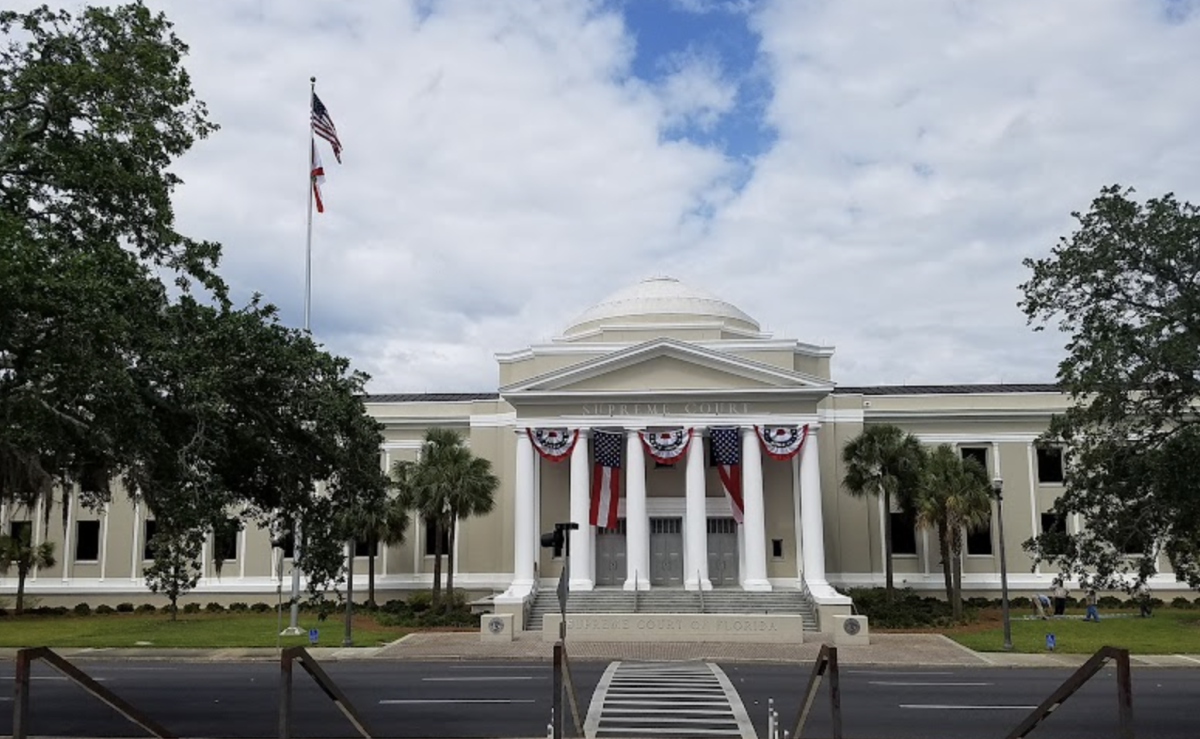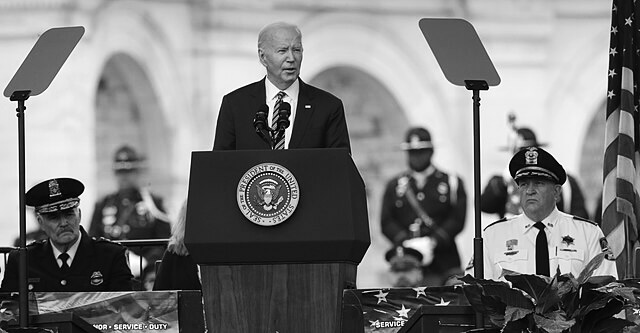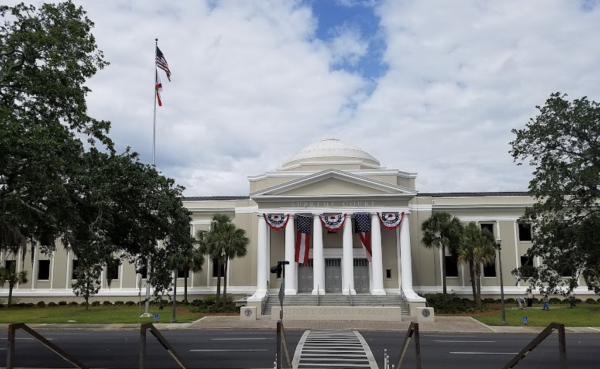Biden Announces New Immigration Plan
On July 27, President Joe Biden and his administration published their findings on immigration over the past six months, as well as the federal government’s next steps in dealing with the border crisis. With a primary focus on decreasing the number of crossings occurring at the U.S. border with Mexico, the official White House website outlines the Biden administration’s goal: to eliminate the “cruel and reckless immigration policies” from the Trump era.
In the new action plan, Biden highlighted new actions that he and his cabinet believe will pacify tensions at the frontier. The plan outlines multiple problems and solutions, touching on the importance of humane practices and taking the root causes of immigration from Central American countries into account.
Work on immigration goals has already begun.
Since Jan. 20, the Biden administration has implemented several new strategies to alleviate the border situation. Most of the new policies reversed former President Donald Trump’s plan of action, in place from 2016-2019. For instance, Biden plans to redirect funding from the Trump-era border wall to modernize points of entry and facilitate more effective security screening.
Among its accomplishments, the Biden administration established a Central American Minors Program, which has reunited children with their parents, processed over 12,500 immigrants and established a human smuggling task force.
The team claims in a White House press release that all of these efforts have “deter[red] irregular immigration at our southern border.”
While the Biden administration has laid out the foundations of immigration reform, Biden and the Democratic Party are challenged by many Republican politicians, who seek to put an end to the plan, which would be carried out during budget revisions.
The recently set forth plan would use budget reconciliation, which allows for budget-related bills to pass with a simple majority, to expedite the legal asylum process for immigrants. Such a process, which was initially explored by New York Sen. Chuck Schumer, would involve linking heavy immigration policy revisions to a budget of 3.5 trillion dollars. By doing so, the bill would no longer be required to meet the 60-vote threshold and would have a much higher likelihood of passing at a 51-vote requirement.
Budget reconciliation is no new strategy to be used by either party. It has been used to pass bills more than 20 times in the past 30 years, most recently used by the Republican Party to pass Trump’s tax overhaul plan and to unsuccessfully rescind the Obama administration’s Affordable Care Act. On July 29, Biden publicized his support of Schumer and the party’s goals, telling reporters, “we should include in the reconciliation bill the immigration proposal.”
While the probability of the budget passing is still uncertain, opposing Republicans have been stern on their position against it. As bipartisan negotiations stall, conservatives have attacked the reconciliation bill, citing the inclusion of immigration reform as an abuse of the reconciliation process.
Sen. Lindsey Graham took to the Senate floor to speak for his fellow Republicans, explaining that during the voting process, “my goal and my Republican colleagues’ is to fight like hell.”
In opposition to Graham, Speaker of the House Nancy Pelosi weighed in with her stance. She said that the immigration bill is not only just, but necessary to the future of the U.S., citing the “budget impacts of immigration in our country.”
Notably, the budget reconciliation is a safety net for Democrats to fall back on should bipartisan bills fail.
The bipartisan infrastructure bill, which passed on Aug. 10 by a vote of 69-30, and ensured 1 trillion dollars to improve roads, waterways and other infrastructure, immediately sparked debate on a new reconciliation bill.
Several Republicans, including Graham, believe the bipartisan bill will lead to inflation and a larger illegal immigration toll. As of mid-August, the Senate is undergoing a “vote-a-rama,” a civil debate that allows politicians to propose amendments to the given bill in hopes of reaching a point in negotiations that appeases both viewpoints.
Although vague, Biden and the Democratic Party’s involvement in a reconciliation plan could have vast implications on immigration for years to come. While attaching policy revisions to budget proposals has strict rules, it is still possible that millions of undocumented immigrants could finally achieve legal residence.
Your donation will support the student journalists of Sidwell Friends School. Your contribution will allow us to purchase equipment and cover our annual website hosting costs.
Billy Walsh is currently a Business Manager for Horizon, a position he held in the 2020-2021, 2021-2022 and 2022-2023 school years. Prior to this, he served...






















































